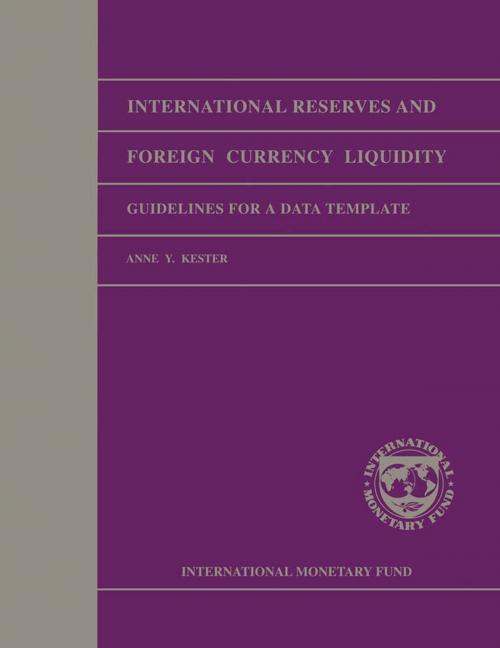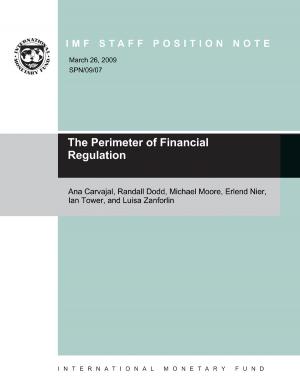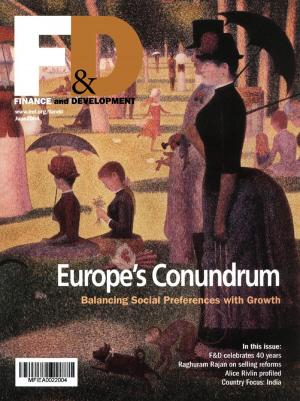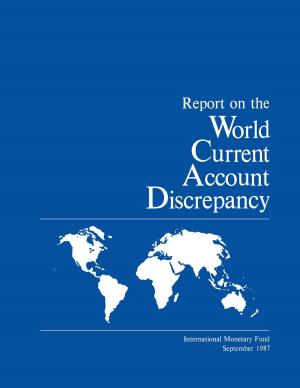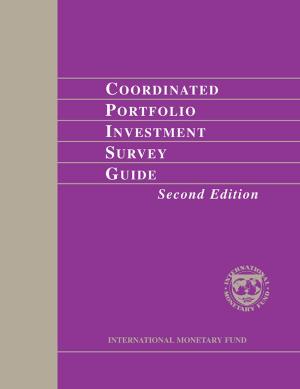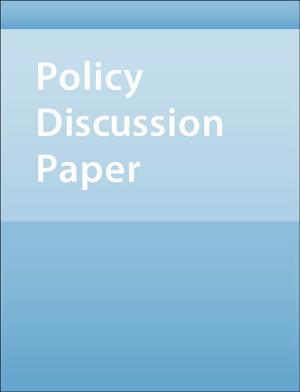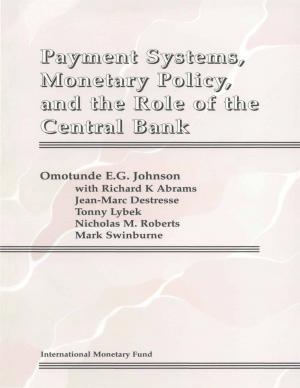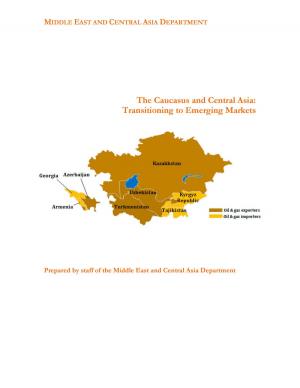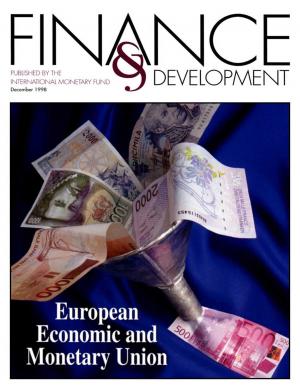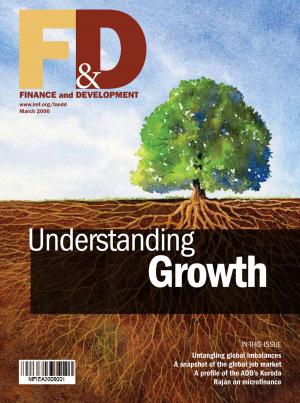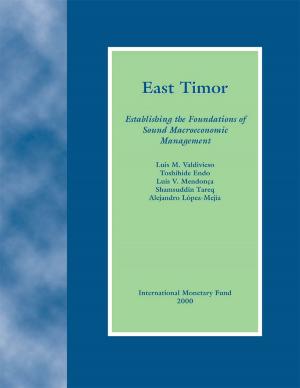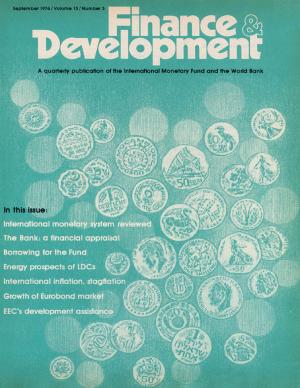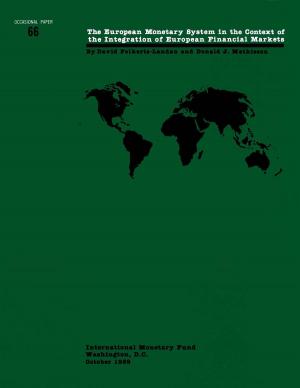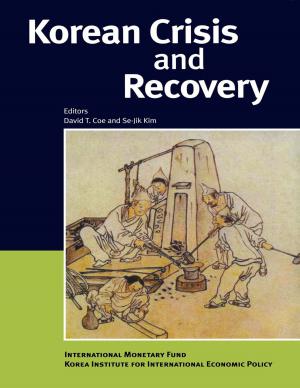International Reserves and Foreign Currency Liquidity: Guidelines for a Data Template
Business & Finance, Economics, Statistics, Public Finance, Finance & Investing, Finance| Author: | Anne Ms. Kester | ISBN: | 9781455285938 |
| Publisher: | INTERNATIONAL MONETARY FUND | Publication: | October 23, 2001 |
| Imprint: | INTERNATIONAL MONETARY FUND | Language: | English |
| Author: | Anne Ms. Kester |
| ISBN: | 9781455285938 |
| Publisher: | INTERNATIONAL MONETARY FUND |
| Publication: | October 23, 2001 |
| Imprint: | INTERNATIONAL MONETARY FUND |
| Language: | English |
International financial crises in the late 1990s revealed that deficiencies in countries’ international reserves and related information made it difficult to anticipate and respond to crises by obscuring financial weaknesses and imbalances. This volume sets forth an innovative framework to assess countries’ international reserves and foreign currency liquidity. The framework takes account of official balance sheet and off-balance-sheet financial activities, future and potential demand for foreign exchange to meet official obligations, the availability of official foreign currency assets to meet such demand, and official risk exposure to exchange rate fluctuations. This work clarifies what international reserves are, and how international reserves and related information should be strengthened to promote informed decision making in the public and private sectors, thereby helping improve the functioning of global financial markets.
International financial crises in the late 1990s revealed that deficiencies in countries’ international reserves and related information made it difficult to anticipate and respond to crises by obscuring financial weaknesses and imbalances. This volume sets forth an innovative framework to assess countries’ international reserves and foreign currency liquidity. The framework takes account of official balance sheet and off-balance-sheet financial activities, future and potential demand for foreign exchange to meet official obligations, the availability of official foreign currency assets to meet such demand, and official risk exposure to exchange rate fluctuations. This work clarifies what international reserves are, and how international reserves and related information should be strengthened to promote informed decision making in the public and private sectors, thereby helping improve the functioning of global financial markets.
